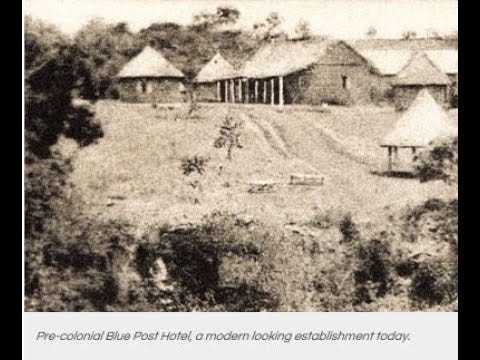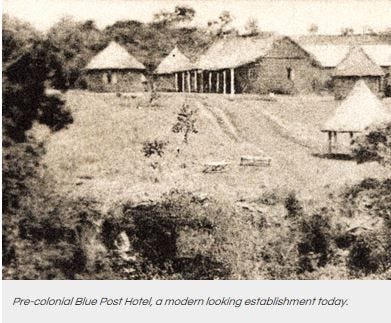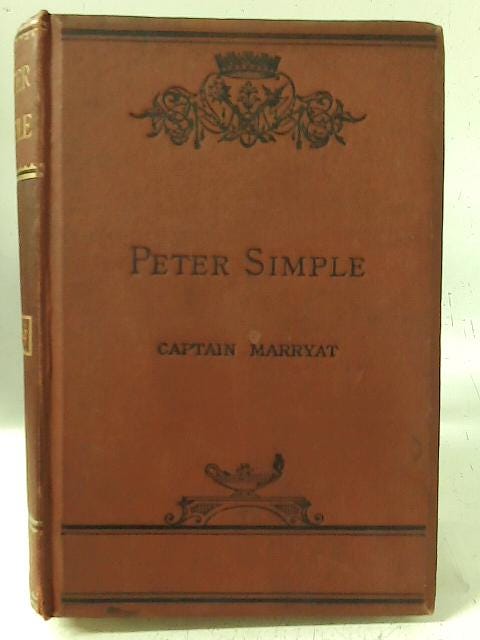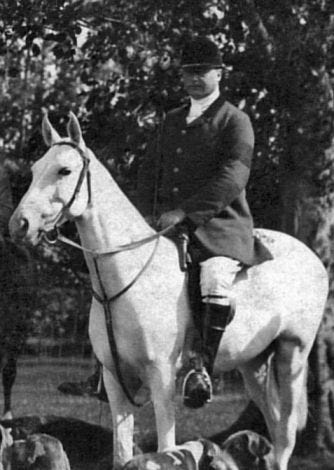Stories from Kenya Colony: The drunken millionaire who owned Thika's Blue Post
He was the millionaire who went missing, only to be found at Norfolk's roof, drunk.
Imagine finding a drunken millionaire on the rooftop of Nairobi's most famous hotel, stark naked and wearing a sufuria as a hat!
Welcome to the world of Harry Penton, who owned Thika's Blue Post Hotel - the stopover place of leisure and pleasure!
Of all the amusing stories that I have so far read about Thika, the Harry Penton affair, as it came to be known, remains the most thrilling because it tackles the hidden escapades of white settlers who were usually taken to be mannered and cultured and fought hard to document themselves as such. (Apart from the Happy Valley tales.
Interestingly the Harry Penton Affair is only recounted by only the daring rascals such as Richard Meinertzhagen, a gun-totting rogue who led killing expeditions against the Nandi.
The Harry Penton Affair started at the Norfolk Hotel, Nairobi, where Penton drank with other revelers. It is not clear how much they had taken, but after he was left, residents were surprised to find him drunk and at the rooftop stark naked and shouting: "I am a mushroom! I am a mushroom."
Penton was not a man of morals, and his Thika den: The Blue Post Hotel was not, either. It was like him: a place where people (read whites) could drink themselves silly, engage in fights, sex, and mimic Happy Valley sins.
In a sense, Blue Post was Thika's version of Nairobi's Torr's Hotel, whose history we did here. But it could not match Muthaiga Country Club, which will be another story soon. Muthaiga was once described as the center of "fornication" in the British colony.
Actually, one of the colonial writers writing about Muthaiga Club said that "the pink-walled, rambling structure…has probably seen more fornication than any other club of its kind in the world…the influx of younger sons and horray henries sent to Nairobi for the good of their souls" ended up juggling plates in the club [while] on Saturday nights they resorted to parties that "lasted well into Sunday morning."
Blue Posts would pick the tempo from there.
Colonial writers, such as Broamhead, agree that Blue Post was "the most popular resort and pleasure" centre for the weekends.
Blue Post had been named after the historic Portsmouth hostelry, which features in Captain Marryat's book, Peter Simple that was published in 1884. It is clear that the name had been taken from Chapter 3 of the book, which opens with the paragraph: "I am made to look very blue at the Blue Posts—Find wild spirits around, and, soon after, hot spirits within me… when we stopped, I enquired [from] the coachman which was the best inn. He answered, "it was the Blue Postesses, where the midshipmen leave their chestesses, call for tea and toastesses, and sometimes forget to pay for their breakfastesses." He laughed when he said it, and I thought that he was joking with me; but he pointed out two, large blue posts at the door next the coach-office, and told me that all the midshipmen resorted to that hotel…."
Reading through Peter Simple is like going through Thika's Blue Post – at least in its pioneer colonial days- which tried as much to replicate the mannerisms of those early "coachmen" who always forgot to pay for their drinks and occasionally got wild from taking spirits.
The wild world of Harry Penton was replicated in his Thika Hotel, which he had built with Major James Elkington ,who had been lured to Kenya by the fantastic tales of the spectacular scenery and the abundant panorama of the various animals in their natural habitat.
Elkington died in 1925 and was buried in Kabete. He was eulogized in the pages of East African Standard as one of the first to develop a coffee estate, although there was nothing about Blue Posts; after all the Harry Penton affair and the notoriety of Blue Posts was nothing to credit the dead with.
Besides Blue Post, Elkington is today regarded as the father of horse racing in this country, and it is mainly due to the impetus that his keenness gave to this form of sport that racing has taken a firm hold. His racing stables at Naivasha – on the ground of Elsamere - were among the first large stables established in Kenya.
It was always said that Blue Posts was, for many years, one of those places "where if you stay for long almost every person of note will eventually arrive."
To his credit, Harry Penton had chosen a good sight for his hotel. Today owned by the Kenyatta family, Blue Posts has remained one of the most popular hotels on your way to Nyeri, but its history has yet to be discovered.
The Chania Falls below continue to be a major attraction; the nature trail is still there. What has disappeared was the original intention of Harry Penton.
.







Happy valley had franchises?
How about you furnish us with a link to the Torr's hotel tale which you've said you narrated here sometime back.